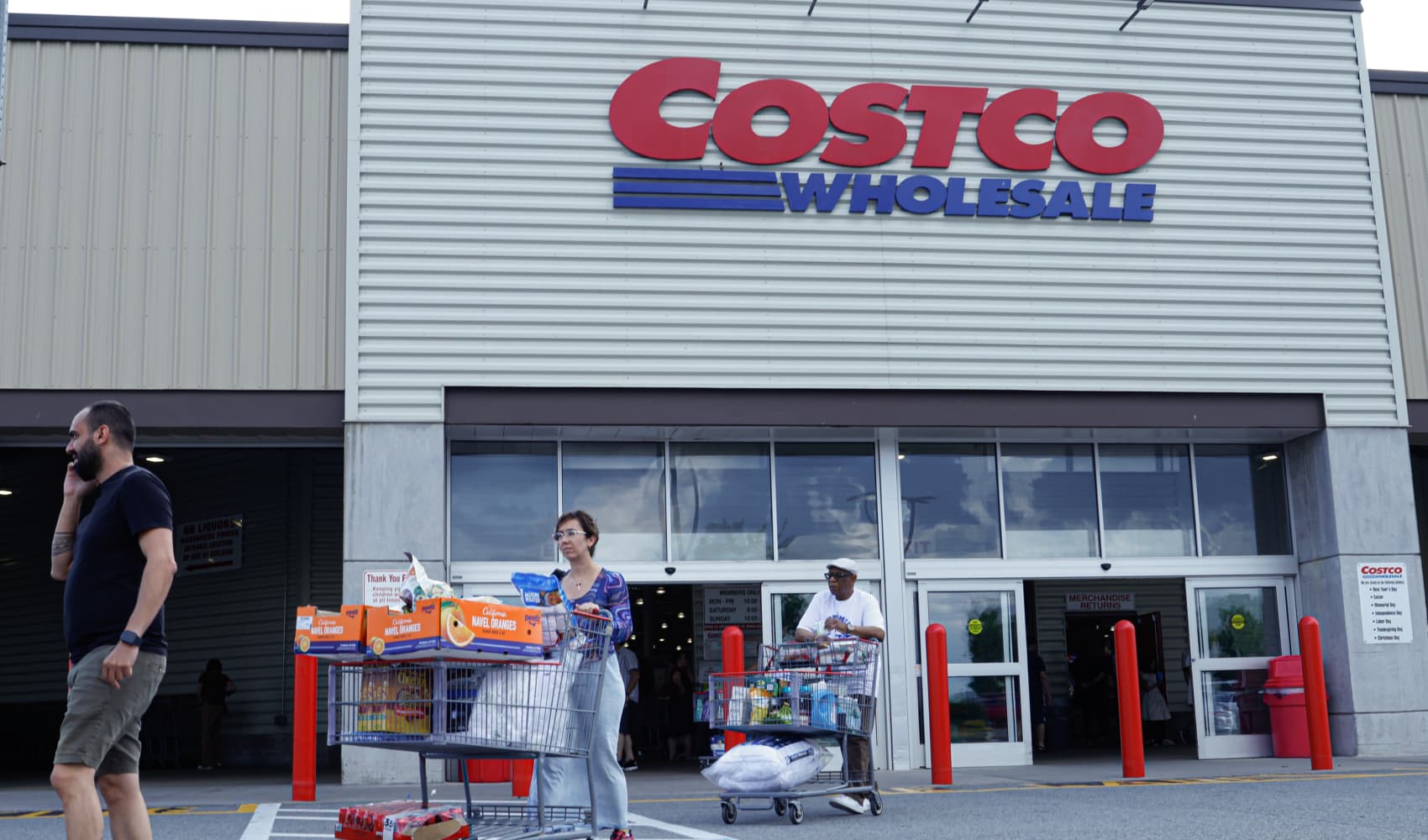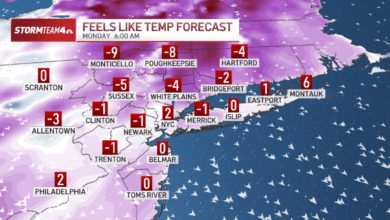Costco hikes membership fee for the first time since 2017 – NBC New York


- Costco is hiking its annual membership fees in the U.S. and Canada by $5, and raising the cost of its higher-tier membership by $10.
- It is the first increase since 2017.
- Costco relies on the fees to keep prices low as it competes with rivals such as Sam’s Club and BJ’s.
You will soon have to pay more if you want to shop at Costco.
The membership-based warehouse club said Wednesday that it will increase its membership fee by $5 in the U.S. and Canada as of Sept. 1. That is an increase to $65 from $60 for annual memberships. Its higher-tier plan, called “Executive Membership,” will increase to $130 a year from $120.
Costco said the fee increases would affect about 52 million memberships, a little over half of which are executive memberships.
Shares rose about 2% in extended trading Wednesday.
It marks Costco’s first membership rate increase since June 2017. On average, the company has raised rates roughly every five and a half years, which would have put Costco on track to raise the fee in late 2022 or early 2023.
However, Costco held off on raising fees prior to now. In interviews with CNBC, CEO Craig Jelinek previously said it was not the right time as consumers dealt with high inflation. The company’s Chief Financial Officer Richard Galanti made similar comments on prior earnings calls.
Costco relies on membership fees to drive most of its revenue and help keep merchandise prices low. Its rival, Walmart-owned Sam’s Club, hiked its own membership fee in 2022 for the first time in nine years. Yet, even after the fee bump, a Sam’s Club membership was cheaper, at $50 for club members and $110 for members of its higher-tier level, “Plus,” on an annual basis. At BJ’s Wholesale, annual membership fees are $55 and $110, for club members and its own higher tier, respectively.
Costco said it stepped up enforcement last year to make sure shoppers were not using other members’ cards. It added an extra check for memberships in self-checkout aisles. The moves were reminiscent of Netflix, which has also cracked down on people who use its service without paying.




